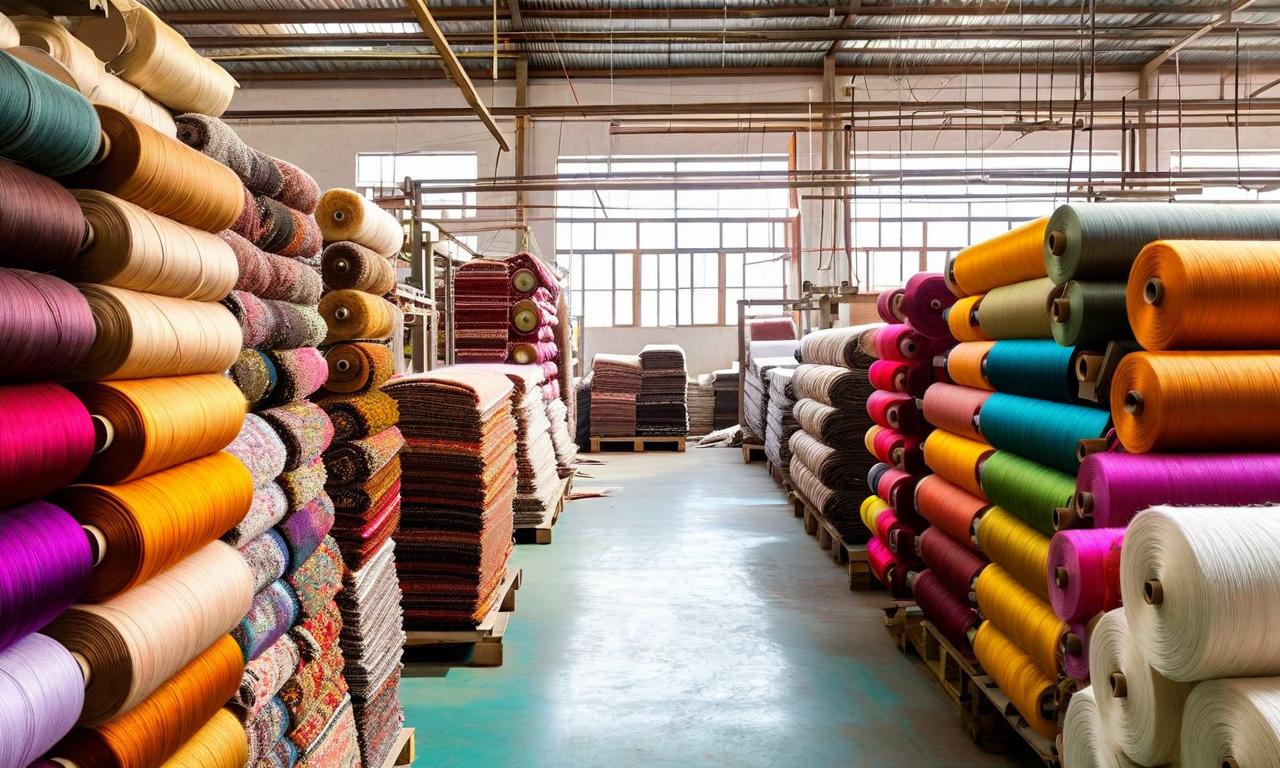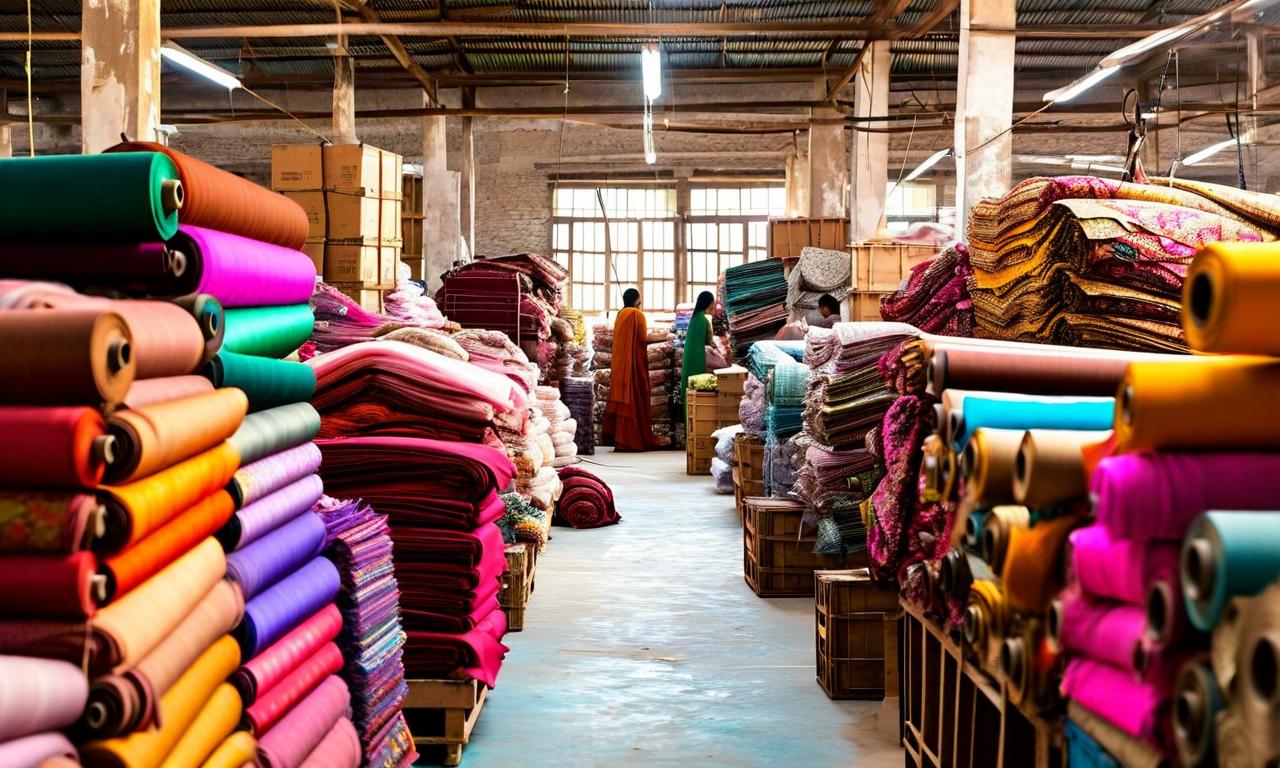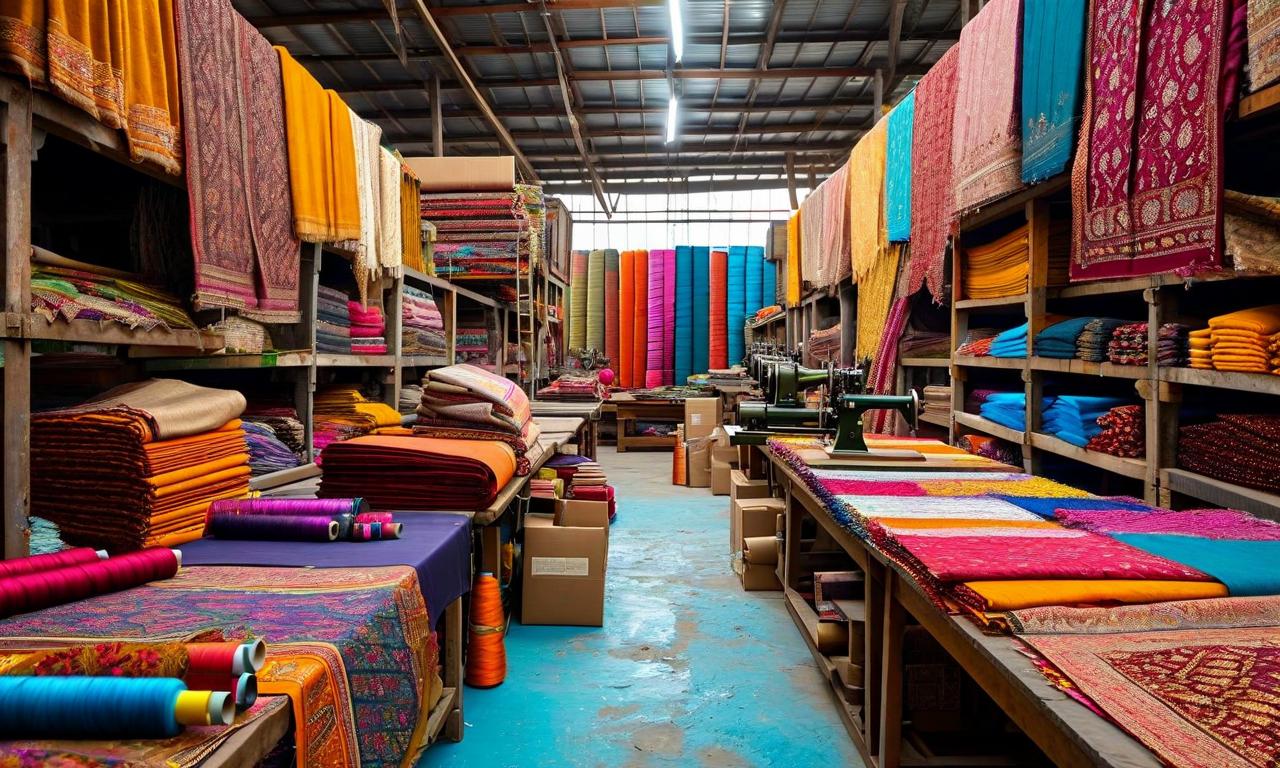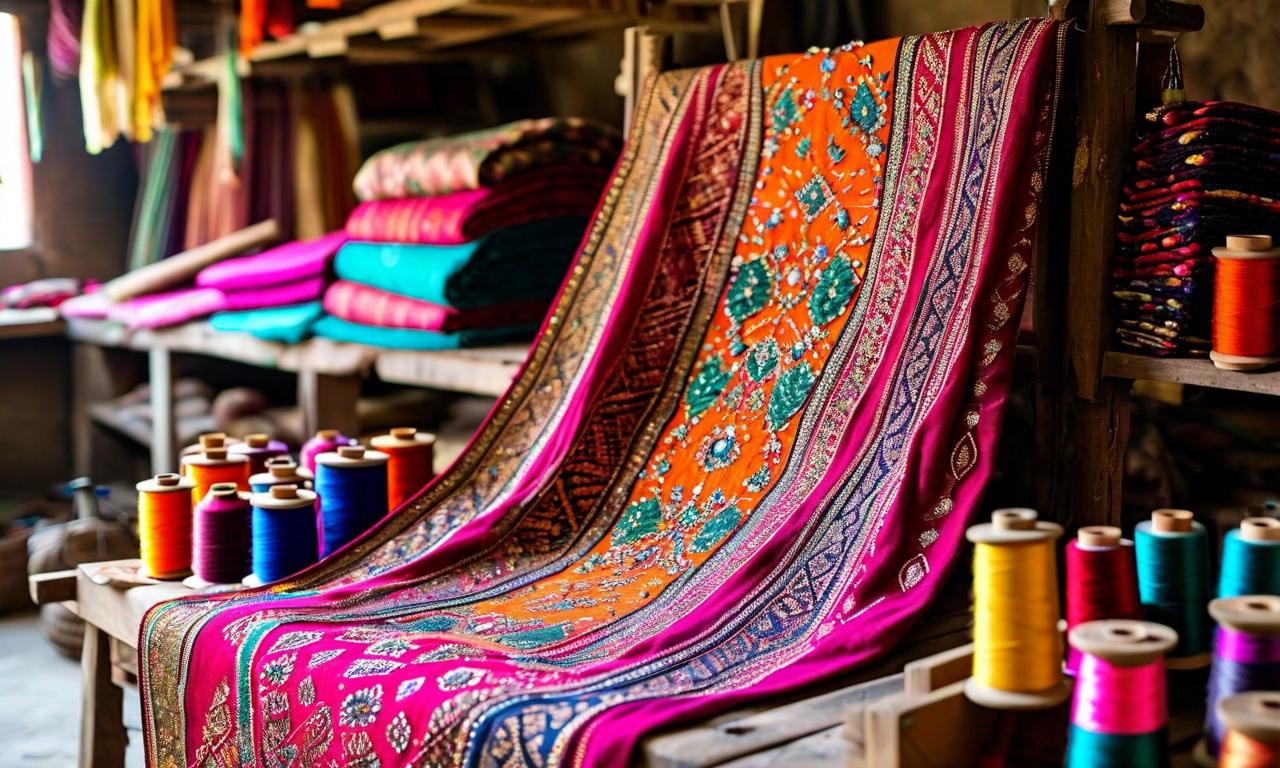Textile Sector Buzzes: Proposed GST Cuts and Readymade Garment Threshold Hike
The GST Council meeting on September 3-4 will discuss proposals for GST rate reductions on key textile products from 12% to 5%, including synthetic filament yarn and carpets. A significant change for readymade garments is proposed, increasing the 5% GST threshold from ₹1,000 to ₹2,500, with items above ₹2,500 attracting 18% GST instead of 12%. These potential changes have already impacted textile stocks, with Vardhman Textiles shares jumping 13%. The sector, recently challenged by concerns over higher US export tariffs, could find relief in these proposed adjustments.

*this image is generated using AI for illustrative purposes only.
The Indian textile sector is poised for potential changes as proposals for GST rate cuts and threshold adjustments are set to be discussed at the upcoming GST Council meeting scheduled for September 3-4. These proposals, if approved, could significantly impact various segments of the textile industry and related stocks.
Proposed GST Rate Reductions
Several key textile products are under consideration for GST rate cuts:
- Synthetic Filament Yarn
- Sewing thread
- Gimped Yarn
- Metalised Yarn
- Rubber Thread
For these products, the GST rate is proposed to be reduced from 12% to 5%. Additionally, carpets and gauze are also expected to see a similar reduction from 12% to 5% GST.
Readymade Garments: Threshold Adjustment and Rate Change
A significant proposal involves readymade garments:
- The threshold for garments attracting 5% GST is proposed to increase from ₹1,000 to ₹2,500.
- Garments priced above ₹2,500 would be subject to 18% GST, up from the current 12%.
This change could have substantial implications for pricing strategies and consumer behavior in the readymade garment segment.
Impact on Textile Stocks
The news of these potential GST changes has already begun to influence the stock market:
- Vardhman Textiles shares experienced a notable jump of 13% on Thursday.
- Other stocks that could be affected include Arvind, Aditya Birla Fashion, Page Industries, Trent, Vedant Fashions, and Sai Silk.
However, it's important to note that these are currently proposals and will be subject to the GST Council's decision during their September meeting.
Recent Challenges in the Textile Sector
While the proposed GST changes offer a glimmer of hope, the textile sector has faced recent challenges:
- Textile stocks have seen a decline of 15-20% in the past month.
- This downturn is attributed to concerns over higher US export tariffs.
- Companies deriving 50-70% of their revenue from the US market have been particularly affected.
The proposed GST rate cuts and threshold adjustments could potentially provide some relief to the sector, depending on the final decisions made by the GST Council. Stakeholders in the textile industry will be closely watching the outcomes of the September meeting, as these changes could significantly impact pricing strategies, competitiveness, and overall market dynamics in the Indian textile sector.

































